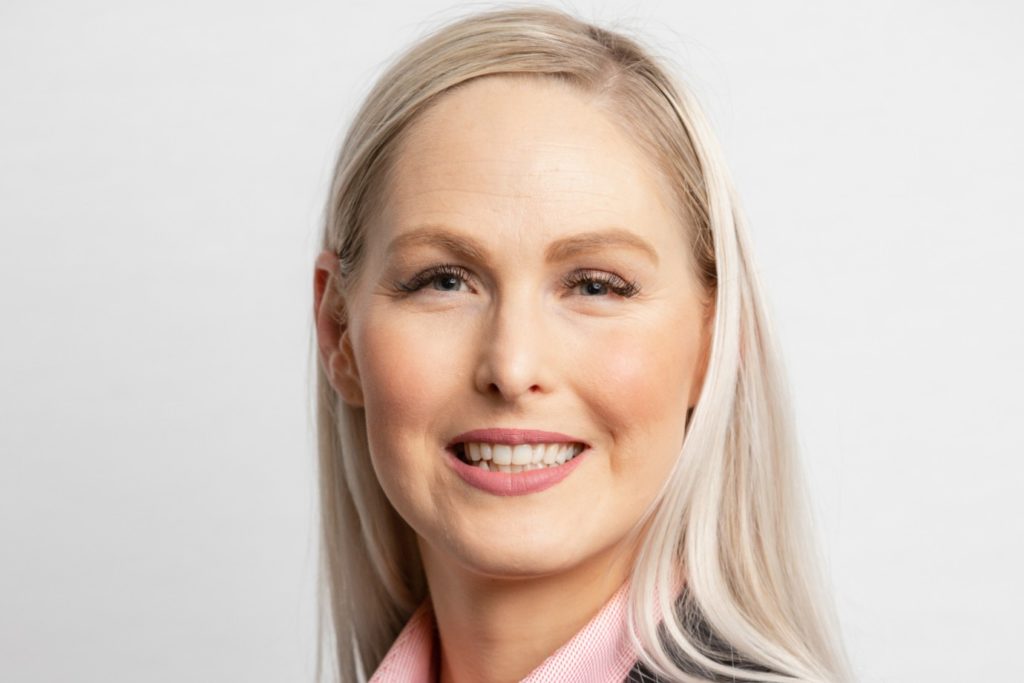We are on the cusp of a mental health crisis in Australia. JobKeeper is coming to an end, and life is expected to go back to normal. But for many Australians, ‘going back to how things were’ simply isn’t their reality.
Suicide rates are forecast to rise by up to 50 per cent due to the impacts of COVID-19, and are predicted to outstrip deaths from the pandemic by up to 10 times. We are going to see a huge spike in mental health challenges ranging from presenteeism through to self-harm.
At a time when Australia faces a mental health crisis due to the long-term impacts of the pandemic, an illogical bias in the psychology profession remains and needs to be highlighted.
Recently, the government decided to cut fees to niche clinical psychology courses by up to 46% while other psychology courses, which represent 70% of all current psychologists within Australia, are likely to attract fee increases or remain the same.
Pushing students into one niche will create a shortage in the range of psychologists that our nation needs, including forensic psychologists who our court system relies on, educational and developmental psychologists needed to support children who have had their lives and education interrupted by the pandemic, health psychology to support those who suffer from eating disorders, and much more.
Psychologists are predominantly female, with close to 80% in the profession. By not discounting fees across the spectrum of psychology courses, the government is most definitely creating a problem for women.
Not only will those women with a specialty focus like eating disorders now need to pay more for the privilege, they will be earning less than clinical psychologists – even if they put in more years of study.
Add to this that most female psychologists work fewer hours as they undertake more unpaid responsibilities such as caring for children or ageing parents, and we have a serious issue that needs to be addressed – both for psychologists and their patients.
This new decision around fees is the latest in a long line of biased decisions when it comes to the psychology sector. Currently, terms like endorsement, registered and clinical, are largely dubious administrative labels that do not reflect patient outcomes.
Much of this confusion has been caused by the Australian government’s artificial hierarchy in mental health services between registered psychologists and clinical psychologists. The government continues to take steps that value clinical psychologists (who make up only 30% of the industry) over registered psychologists (which represent all the other 70% of psychologists across all other focus areas).
While both registered psychologists and clinical psychologists have undergone a high level of training and have similar trade outgoings, Medicare provides a higher rebate for ‘clinical psychologists’, while 70% of psychologists in Australia are currently placed on a lower Medicare rebate, which further supports division and disparity in mental health. Our mental health crisis requires all of our psychologists if we are to address the scale of the need. By increasing the Medicare rebate for all psychologists outside the exclusive club of clinical psychology, Australians will have more accessible support.
Unfortunately for patients, confusion exists when it comes to the type of mental health professional they should see, with the only deciding factor between registered and clinical services being the cost.
The current endorsement system is significantly flawed and was further distorted by a loophole where members of the Australian Psychological Society’s colleges were ‘grandfathered’ into endorsement. This means that a significant number of psychologists were granted clinical endorsement despite not completing the required academic qualifications, meaning they can call themselves a clinical psychologist and receive a higher Medicare rebate.
While more psychologists are going to be needed for our growing population and the unfolding long-term impact of a pandemic on our mental health, the ongoing bias towards clinical psychologists simply adds insult to injury for the bulk of the industry and creates confusion for patients when it comes to access to mental health services.
The bridge between Australians and mental health support is currently far too narrow. All psychologists – the majority of whom are women – need to be made accessible to all Australians if we are going to be able to break the fall and prevent further catastrophe. If not, we risk more people slipping through the cracks and failing to receive the critical support they need to make it through these difficult times.
If you or anyone you know needs help:
- Lifeline on 13 11 14
- Kids Helpline on 1800 551 800
- MensLine Australia on 1300 789 978
- Suicide Call Back Service on 1300 659 467
- Beyond Blue on 1300 224 636
- Headspace on 1800 650 890
- ReachOut at au.reachout.com
- Care Leavers Australasia Network (CLAN) on 1800 008 774
About Tegan Carrison, Executive Director, AAPi:
Tegan has spent over 15 years in public health promotion and is passionate about advocating for the rights of health care professionals and improving access for the community. After studying Nutrition and Health Promotion at Deakin University, Tegan went on to become an experienced clinical educator, supervisor, and mentor, including starting a student-led interprofessional clinic with the University of Queensland’s not-for-profit UQ Health Care. Tegan also brings a wealth of experience in business management, administration and human resource management. She is passionate and dedicated to improving access to mental health services and creating the leading members association for psychologists in Australia.


